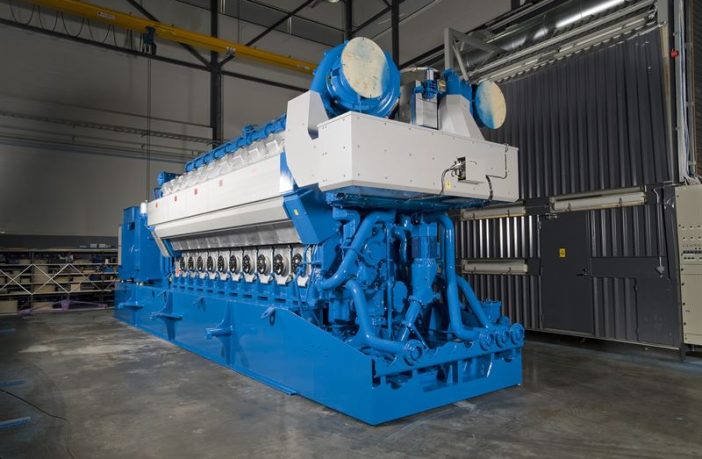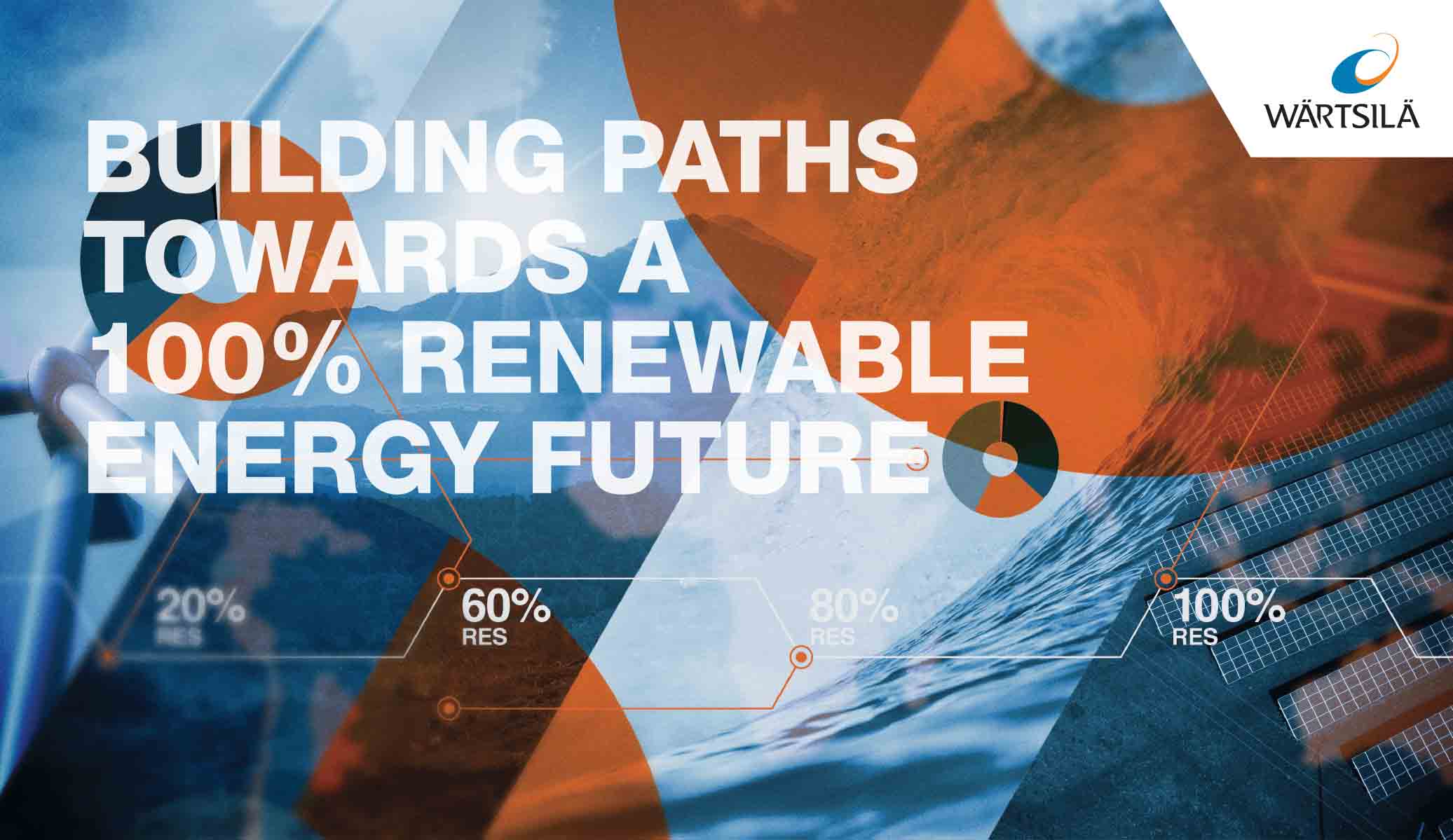- South Africa’s energy regulator, NERSA, has been very busy.
- They have given a series of energy procurement determinations the go ahead.
- South Africa faces a severe shortage in energy generation capacity which has cause daily blackouts of sometimes up to 12 hours.
- 1000MW will be procured from neighbouring countries, 2000MW will be procured form IPP’s under the risk mitigation programme, 800MW from local power generators, 3000MW of Combined-Cycle Gas Turbine and 1000MW through the Standard Offer Programme (SOP) by Eskom.
3. The Energy Regulator concurred with the draft ministerial determination for the procurement of 1000 MW of New Generation Capacity from the Cross-Border Procurement Programme as follows:
3.1.1 New generation capacity must be procured or purchased to contribute towards energy security, and accordingly, up to 1 000 MW should be procured from the Southern African Development Community (SADC) region from a range of technologies/sources. This programme is implemented in order to close the widening energy gap as articulated in the Integrated Resource Plan for Electricity 2019–2030 (published by Government Notice No. 1360 of 18 October 2019 in Government Gazette No. 42784) (‘the IRP 2019’), and as is currently being experienced in South Africa.
3.1.2 The energy capacity (‘electricity’) shall be procured from a range of energy producers from the region.
3.1.3 The range of energy producers from the region will either be utilities from the host countries or independent power producers that are legally operating within the host countries.
3.1.4 The energy capacity (‘electricity’) shall be procured by Eskom Holdings SOC Ltd and shall entail:
a) the procurement of the electricity through one or more process(es):
i. that are fair, equitable, transparent, and cost-effective, and
ii. the form of which shall be determined by Eskom; and
b) the conclusion of Power Purchase Agreements (PPAs) in respect of the electricity, for which the duration will be agreed upon between Eskom and the energy producers from the region.
3.1.5 The electricity procured or bought shall target the South African Grid as soon as reasonably possible, considering all relevant factors, including prevailing energy security risks and the time required for efficient procurement.
3.2. The Energy Regulator concurred with the draft ministerial determination for the procurement of 2000 megawatts (MW) of New Generation Capacity from the Load-Shedding Reduction Programme as follows:
3.2.1. That up to 2000 MW should be generated from a range of energy technologies/sources in accordance with the short-term risk mitigation capacity allocated under the heading ‘Other’, for the years 2025 to 2028, in Table 5 of the Integrated Resource Plan for Electricity 2019 – 2030 (published by Government Notice 1360 of 18 October 2019 in Government Gazette No. 42784) (‘IRP 2019’).
3.2.2. That the new generation capacity shall be established from energy generated from independent power producers.
3.2.3. That the electricity produced from the new generation capacity (‘the electricity’) shall be procured by Eskom Holdings SOC Ltd and shall entail:
a) the procurement of the electricity through one or more process(es):
i. that are fair, equitable, transparent, and cost-effective, and
ii. the form of which shall be determined by Eskom; and
b) the conclusion of power purchase agreements (PPAs) in respect of the electricity, which PPAs shall be aligned with short-term power purchase agreements.
3.2.4. The electricity procured or bought shall target connection to the Grid as soon as reasonably possible, taking into account all relevant factors, including prevailing energy security risks and the time required for efficient procurement.
3.3. The Energy Regulator concurred with the draft ministerial determination for the procurement of 800 megawatts (MW) of New Generation Capacity from the Emergency Procurement Programme as follows:
3.3.1. New generation capacity must be procured or purchased to contribute towards energy security. Accordingly, up to 800 megawatts (MW) should be procured from a range of energy technologies/sources in accordance with the Emergency Generation Procurement Programme allocated under the heading ‘Other’, for the years 2029 to 2030, in Table 5 of the Integrated Resource Plan for Electricity 2019 – 2030 (published as Government Notice No. 1360 of 18 October 2019 in Government Gazette No. 42784) (‘the IRP 2019’).
3.3.2. the new generation capacity shall be procured from a variety of local generators, including independent power producers (IPPs);
3.3.3. the electricity shall be procured by Eskom Holdings SOC Ltd and shall entail:
a) the procurement of the electricity through one or more process(es):
i. that are fair, equitable, transparent, and cost-effective, and
ii. the form of which shall be determined by Eskom; and
b) the conclusion of power purchase agreements (PPAs) in respect of the electricity, which PPAs shall be aligned to the short-term power purchase agreements; and
3.3.4. the electricity procured or bought shall target connection to the Grid as soon as reasonably possible, considering all relevant factors, including prevailing energy security risks and the time required for efficient procurement.
4. Draft Reasons for Decision (RfD) on the concurrence with the section 34 ministerial determinations for the procurement of 3000 megawatts (MW) of Combined-Cycle Gas Turbine (CCGT) and the 1000 megawatts (MW) Standard Offer Programme (SOP) by Eskom
The Energy Regulator noted the approved draft Reasons for Decision on the concurrence with the section 34 ministerial determinations for the procurement of 3 000 megawatts (MW) of Combined Cycle Gas Turbine (CCGT) and 1000 megawatts (MW) Standard Offer Programme (SOP) by Eskom.
Author: Bryan Groenendaal

















